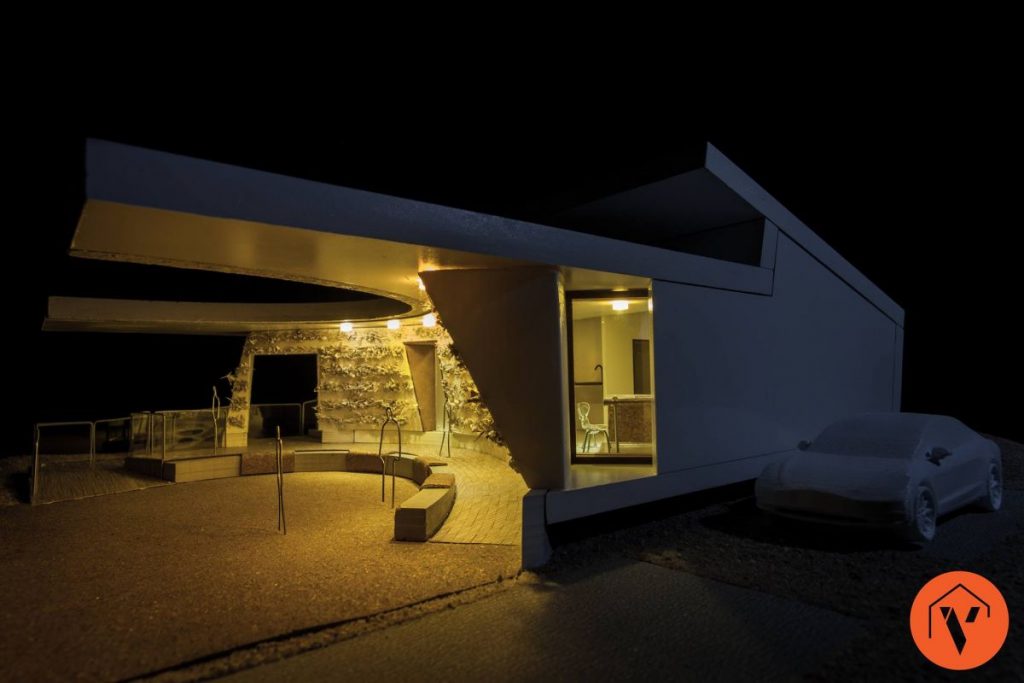
Team VirTUe update: the road towards a sustainable solar house
We are more than happy to update you on the progress of Team VirTUe from the Eindhoven University of Technology. The team will compete in the Solar Decathlon Middle East competition 2018. As a partner we helped the team with practical knowledge on the UAE market and their positioning and strategy.
The Solar Decathlon Middle East competition 2018
The 2018 edition is organized by DEWA and invites students from all over the world to design a self-sustaining solar house. During the competition period (October and November 2018) the students will have 10 days to set-up a fully furnished and functioning house. Besides the usual technical challenges of a project with such a scope there is some extra difficulty for the students to adapt their houses to the heat, dust and high humidity. This project provides students the opportunity to work together in multi-disciplinary teams and learn about teamwork, communication skills, sustainable lifestyle and socio-economic issues (besides the obvious technical engineering skills). It is safe to say that this project and these students are building towards an optimistic sustainable future.
Concept LINQ: whole system approach
The students of team VirTUe have already invested a year in the project, resulting in tangible plans and outlines for their house. Their concept shows that there is more than just using solar cells to designing a sustainable solar house. Team VirTUe created a smart system that connects all processes and devices but ultimately will adapt to the user and will learn the user to live a more sustainable and healthy life as well. The house itself will be built using sustainable materials and will be extremely energy efficient. It will function within a smart city concept, designed to encourage social interaction and create sustainable ecosystem.
Next steps
Having a challenging 10-days’ time to build and install the solar house, the students are already preparing for a smooth building trajectory. They implemented phases and building blocks in the design process. The architecture looks beautiful, has 3D-printed elements and contains a shared place to contribute to the communal feeling. On the inside, the implementation of the ‘trias energetica philosophy’ helps to 1) minimize the the demand for energy, 2) use solar energy where-ever possible and 3) use non-renewable energy sources as clean and efficient as possible. With this total package and thorough plan we trust Team Virtue is connected and ready to improve for a sustainable future.
We wish team VirTUe and all competing teams the best of luck with their exciting challenge.

